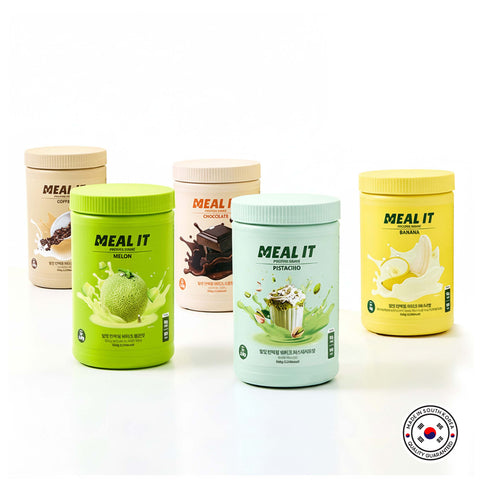We tend to want something nice and warm for breakfast, but how can we make it exciting, and healthy? Research is showing that almonds are a fantastic addition to breakfast. In a recent randomized control trial* of adults with impaired glucose tolerance, inclusion of almonds reduced the risk of developing type 2 diabetes; those who included almonds stayed full for longer, and also had lower blood glucose levels.
The exciting thing about this study was that improvements were not just shown after breakfast; improvements continued on until later in the day, after the second meal as well! Furthermore, consuming 30g of almonds per day can also help reduce levels of bad cholesterol.

Almonds supply healthy fats, protein, fibre, vitamin E, calcium, zinc, and plant sterols; all important components of a general healthy diet. Addition of almonds to your porrige for breakfast, whatever you choose to have, is a great way of maintaining your overall health, along with your blood glucose levels.

Improves Brainpower
Almonds are full of vitamin E, a vital antioxidant that can help improve your brain health. Consuming vitamin E regularly may help prevent dementia and may slow the progression of dementia for those who suffer from it.
Aids in weight loss
For patients wanting to lose weight, consuming adequate amounts of fiber and protein is important to feeling fuller and more satisfied after meals and snacks. Since almonds contain both fiber and protein, they make a great addition to a diet for promoting weight loss.
However, almonds are also high in heart-healthy fats, increasing their caloric content. Thus, when consuming almonds while trying to lose weight, it’s important to control the serving size. For most people, 1/4 cup or the size of the palm of your hand is an appropriate serving for almonds.
Prevents birth defects
Almonds are replete with folic acid, so much so that eating only 1/2 cup can help meet 13% of your recommended daily intake (RDA). Those planning to conceive as it helps with the healthy growth of the baby. During the initial phase of the pregnancy, folic acid is used to develop the neural tube of the fetus. The lack of this vital nutrient can give rise to neural tube defects such as spina bifida.
Strengthens bones
Almonds contain calcium, which is important for bone health. One cup of almonds contains almost 10% of the daily value of calcium. Adults need adequate intake of calcium each day to preserve the strength of their bones. A calcium deficiency, on the other hand, can lead to brittle bones and osteoporosis.





















![Hero protein Chip [Onion] (40gr) / 히어로칩(어니언)](http://joyksg.com/cdn/shop/files/o_WEB.png?v=1727684839&width=480)
![Hero protein Chip [Onion] (40gr) / 히어로칩(어니언)](http://joyksg.com/cdn/shop/files/1f697787bd2b3.jpg?v=1727702023&width=480)
![Hero protein Chip [Chili Pepper] (40gr) / 히어로칩(칠리페퍼)](http://joyksg.com/cdn/shop/files/cp_WEB.png?v=1727685349&width=480)









